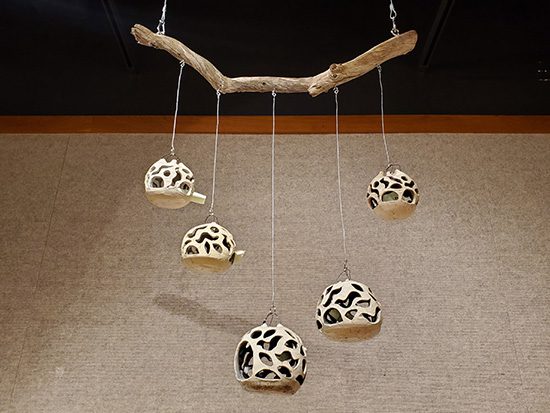
Last month, WCC theatre students staged “A Walking Shadow” at Palikū Theatre. Written and directed by WCC theatre lecturer Taurie Kinoshita, the play was inspired by the real life case of Myles Fukunaga, a mentally ill 19-year-old who in 1928 kidnapped and murdered a boy in Honolulu and then was sentenced to death and executed within three weeks of the crime. The show aspired to raise awareness about mental illness.
As depicted in the play, Fukunaga was the son of Japanese immigrants and worked full-time to help support his family instead of pursuing his dream of getting an education.
“Myles Fukunaga, due to his socio-economic and race-based position in society, was constantly oppressed by various institutions,” Kinoshita said. “One wonders how differently the story of his tragic life would have ended had he been able to go to college. His family, members of the Japanese Hawai‘i community, the Jamieson family (the victim’s family)–everyone suffered. This is why it’s so important to make a difference in society and the world. If one person suffers, the chances are many many many more will too … helping a single person can have an exponentially positive impact.”
Kinoshita has incorporated mental illness in many of her shows to give those who can’t speak up a voice.
Student Chrystan Kukahiko said, “I really liked how mental illness was the underlying message of the show because I feel it’s a topic that doesn’t get the attention it should.”
In addition to mental illness, cultural agency was a major theme projected in the show. To reinforce that theme, the character of Myles did not move or speak freely but rather moved or was spoken for by others. Characters playing the voices in his head, detectives and guards moved him; only until after his execution could he move freely.
For student Bella Molina, the play was the first show she had attended at Palikū Theatre. “I enjoyed the realness of it all,” she said. “The different voices of Myles made it really interesting and made me want to look more into the case afterwards.”
The actors did not use microphones and instead projected their voices to the theatre. Student Kayla Torres said the play was “hands down one of the most moving shows I’ve ever seen. It taught me a lot about Hawai‘i’s history and injustice that I think we could all use more knowledge on.”
by Antonia Gary, Ka ‘Ohana Staff Reporter





